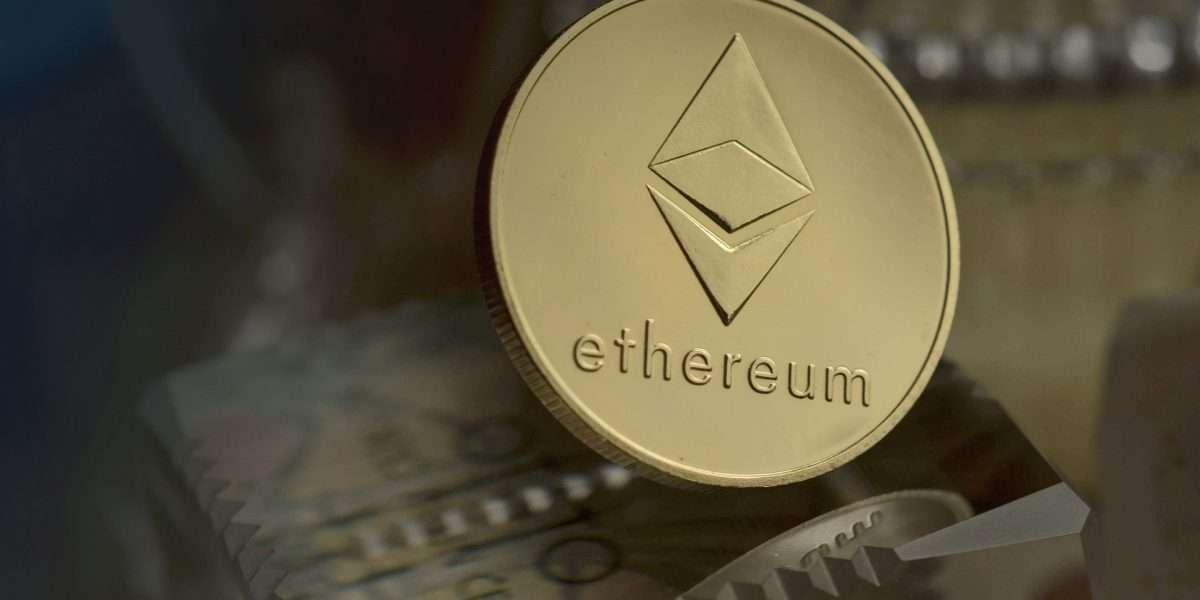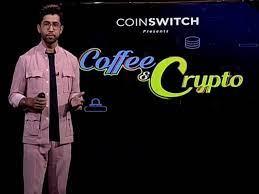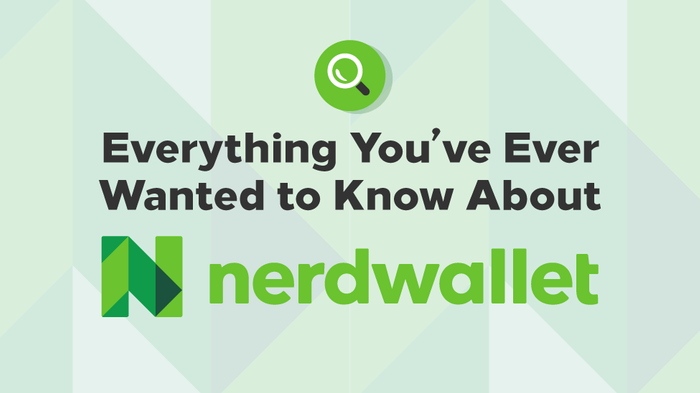In an interview with Yahoo Finance, Cardano (ADA) founder Charles Hoskinson explained why Ethereum’s (ETH) transition to proof-of-stake (PoS) does not threaten Cardano.
During the interview, one of the hosts suggested that Ethereum’s transition to proof-of-stake could make it a so-called “Cardano-killer.” “I don’t see it like that,” Hoskinson retorted. The Cardano founder then explained that his blockchains mantra has always been “Scalability, Interoperability, and Sustainability.” He claims these three features set it apart from Ethereum.
Scalability, interoperability, and sustainability
In regard to Ethereum’s migration to proof-of-stake, Hoskinson pointed out that Cardano was the first to come to market with it. “That’s just the engine,” he said. “An engine doesn’t make a BMW a BMW.” He added that it’s just one component of an entire ecosystem.
/Related
MORE ARTICLES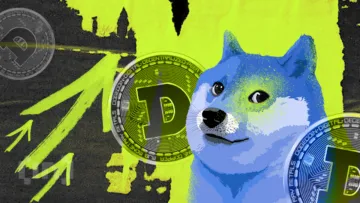
Dogecoin Has No Plans to Migrate to PoS; Foundation Creates Development Fund
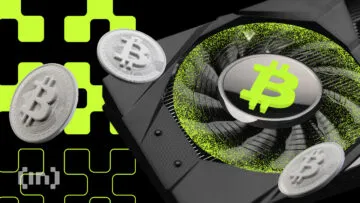
Bitcoin Critic Peter Schiff Mocks Hodlers After MicroStrategy Sells 700 BTC
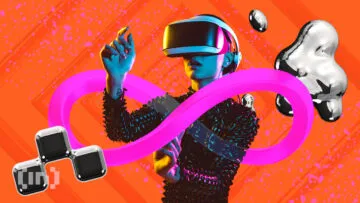
The Future Of The Metaverse Is Open
Revolutionizing the Art World: An In-Depth Look at Art Tokenization
FTX: How to Prevent a Similar Dumpster Fire
FTX Japan Will Begin Customer Refunds In February 2023
First, Hoskinson addressed governance, which, he said, Ethereum developers had “bowed out” on in the transition to Ethereum 2 (ETH2). He said it wasn’t clear how the system would evolve or update, after the founders retire or lose prominence.
Bitcoin (BTC) faces a similar problem, he claims, saying the bigger something gets, the slower it evolves. Whereas an on-chain governance system is not on the roadmap for ETH2, it is a core part of Cardano’s.
Next, Hoskinson highlighted interoperability, noting that Cardano makes special provisions for side-chains. However, Ethereum hasn’t been able to do this in a cost-effective way, he said, indirectly referencing high gas fees. Although this is a priority for ETH2, Hoskinson said it’s still not clear how they would do this.
Finally, Hoskinson emphasized that Cardano and Ethereum ultimately have different user bases. The Cardano founder also noted that their accounting models were different, stressing the scalability of Cardano’s own UTXO. This enables sharding by design, while Ethereum is still struggling with that capacity. Hoskinson concluded by expressing his confidence that “we’ll be a leader for micropayments.”
Cardano’s intention
The initial question arose as an inversion to a previous assertion of Cardano as an “Ethereum-killer.” Cardano’s use of a more sustainable proof-of-stake mechanism made it stand out recently, in light of the growing environmental concerns.
In creating Cardano, Hoskinson explained that he wanted to use all the benefits of blockchain technology to try and improve the developing world. He saw that Africa and Southeast Asia, which are infrastructurally underdeveloped, were growing at a rate of 10% to 15% a year.
His hope for Cardano is that the wealth this growing population will build would be this “completely alternative system.” Hoskinson additionally highlighted that Cardano has already started such projects in Georgia and Ethiopia.
AskTheDoctor founder Prakash Chand moved his company’s AskToken blockchain to Cardano, after communicating with Hoskinson about these goals. Billionaire Mark Cuban has also become a fan of the blockchain, which he says he is “rooting for.”
